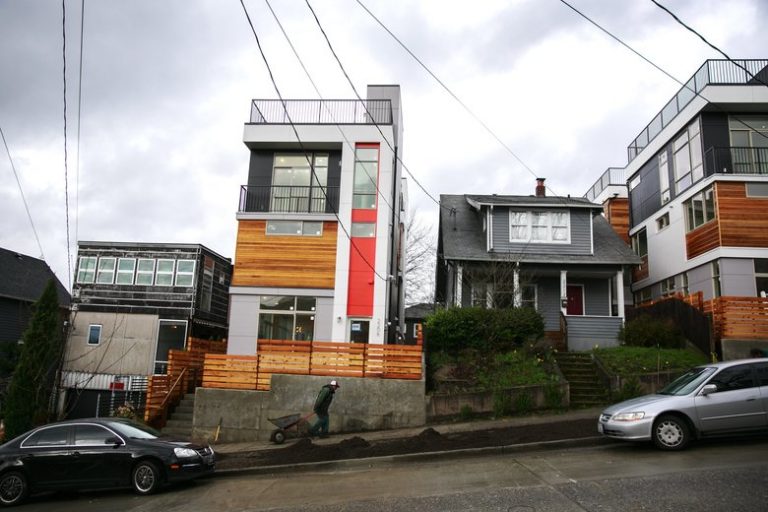Published on December 16, 2019

There’s little doubt that The Nehemiah Initiative faces an immense challenge combating the displacement of African Americans from central Seattle. When you drive through the Central District today, you see gentrification in its stark reality. New market-rate buildings line the intersections of 23rd Avenue and East Union Street, as well as 23rd and South Jackson Street. Rising property values and higher property taxes have forced the sale of what once were affordable, formerly redlined homes and businesses. The attractiveness of the Central District’s proximity to downtown, its grand housing stock and mature tree-lined streets have contributed to boosting pressure on Black families remaining in the neighborhood to sell.
The Nehemiah Initiative, launched in 2018, has met every week for almost a year to explore options to retain ownership of property that historically Black churches hold in central Seattle. According to the initiative’s leader, Bishop Garry Tyson of Goodwill Missionary Baptist Church, more than a dozen churches in the Central District have sold and moved, or closed and sold, over the past 10 years.
The initiative proposes development that avoids removal of churches. It is our plan to develop the underused property of the churches, most of which is surface parking lots. It will require these churches to rethink their business model, and explore other means of income generation from property development — not just congregation offerings. Income-generating sources can be rents from rental housing, sale of condominiums, leasing of land to housing developers or commercial space leases where the zoning allows.
With the help of graduate students in the University of Washington College of Built Environments, the community is exploring the future of two church sites: Goodwill Missionary Baptist Church and Ebenezer AME Zion Church. The McKinley Futures Nehemiah Studio, made up of students and faculty from nearly every department in the college, supports the real estate, urban design and planning needs of The Nehemiah Initiative in its preliminary phase of scoping work and scenarios for future development.
Continue reading at Crosscut.
Originally written by Donald King, UW architecture professor and co-instructor of this year's McKinley Futures Nehemiah Studio.